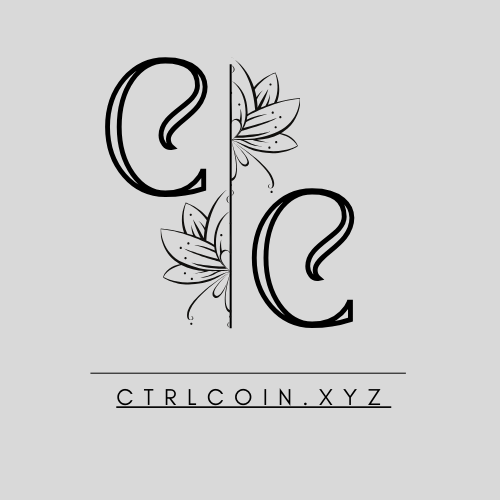Loan Types
Business Loan Types: Exploring Various Financing Options for Your Business
Securing the right financing is crucial for the growth and stability of your business. With numerous loan options available, it’s essential to understand the different types of business loans to select the best one for your needs. Here’s a comprehensive guide to the various financing options:
1. Term Loans
Overview:
- Definition: Term loans provide a lump sum of capital that is repaid over a fixed period with regular payments.
- Types: Typically classified as short-term (less than one year) or long-term (more than one year).
Pros:
- Predictable repayment schedule
- Suitable for large investments or business expansion
Cons:
- Requires a solid credit history
- May have higher interest rates
Best For:
- Expanding operations
- Purchasing equipment
2. SBA Loans
Overview:
- Definition: Small Business Administration (SBA) loans are government-backed loans designed to support small businesses.
- Types: Includes 7(a) loans, 504 loans, and microloans.
Pros:
- Lower interest rates
- Longer repayment terms
Cons:
- Extensive application process
- Strict eligibility requirements
Best For:
- Startups
- Businesses seeking lower rates and favorable terms
3. Business Lines of Credit
Overview:
- Definition: A business line of credit provides a flexible borrowing limit that you can draw from as needed.
- Types: Revolving credit lines and non-revolving credit lines.
Pros:
- Flexible access to funds
- Pay interest only on the amount used
Cons:
- Variable interest rates
- Potential for high fees
Best For:
- Managing cash flow
- Handling unexpected expenses
4. Invoice Financing
Overview:
- Definition: Invoice financing allows businesses to borrow against their outstanding invoices.
- Types: Invoice factoring and invoice discounting.
Pros:
- Quick access to funds
- No need for collateral
Cons:
- Potentially high fees
- Dependence on customer payment
Best For:
- Businesses with slow-paying clients
- Short-term funding needs
5. Equipment Financing
Overview:
- Definition: Equipment financing provides funds specifically for purchasing or leasing equipment.
- Types: Equipment loans and leases.
Pros:
- Directly tied to the equipment
- Often easier to obtain
Cons:
- Equipment acts as collateral
- May require a down payment
Best For:
- Buying new or used equipment
- Upgrading machinery
6. Merchant Cash Advances
Overview:
- Definition: A merchant cash advance provides a lump sum of capital in exchange for a portion of future credit card sales or daily bank deposits.
- Repayment: Repaid through a percentage of daily credit card transactions or bank deposits.
Pros:
- Fast approval and funding
- No collateral required
Cons:
- High interest rates
- Daily repayments can affect cash flow
Best For:
- Businesses with strong credit card sales
- Quick access to funds
7. Business Credit Cards
Overview:
- Definition: Business credit cards offer a revolving line of credit with various rewards and benefits.
- Types: Standard, rewards, and travel business credit cards.
Pros:
- Access to credit and rewards
- Convenient for everyday expenses
Cons:
- Higher interest rates
- Potential for accumulating debt
Best For:
- Managing small, regular expenses
- Earning rewards and benefits
8. Peer-to-Peer (P2P) Lending
Overview:
- Definition: P2P lending involves borrowing from individual investors through online platforms.
- Platforms: Examples include LendingClub and Prosper.
Pros:
- Potentially lower interest rates
- Faster approval process
Cons:
- Limited funding amounts
- Varies by platform
Best For:
- Small to medium-sized businesses
- Those looking for alternative lending sources
9. Crowdfunding
Overview:
- Definition: Crowdfunding raises small amounts of money from a large number of people, typically through online platforms.
- Types: Rewards-based, equity-based, and debt-based crowdfunding.
Pros:
- Access to capital without giving up equity
- Can also serve as a marketing tool
Cons:
- Requires a compelling campaign
- Success depends on public interest
Best For:
- Startups and innovative projects
- Businesses seeking community support
10. Convertible Notes
Overview:
- Definition: Convertible notes are a form of short-term debt that converts into equity, typically during a future financing round.
- Terms: Interest-bearing debt that converts into equity at a later date.
Pros:
- Delays valuation negotiations
- Potential for equity in exchange for debt
Cons:
- Dilution of ownership
- Complex terms
Best For:
- Early-stage startups
- Businesses seeking investment without immediate valuation
Conclusion
Choosing the right business loan involves understanding your financing needs, evaluating the pros and cons of each option, and considering your long-term goals. By exploring these various loan types, you can select the best financing solution to support your business growth and operational needs.

